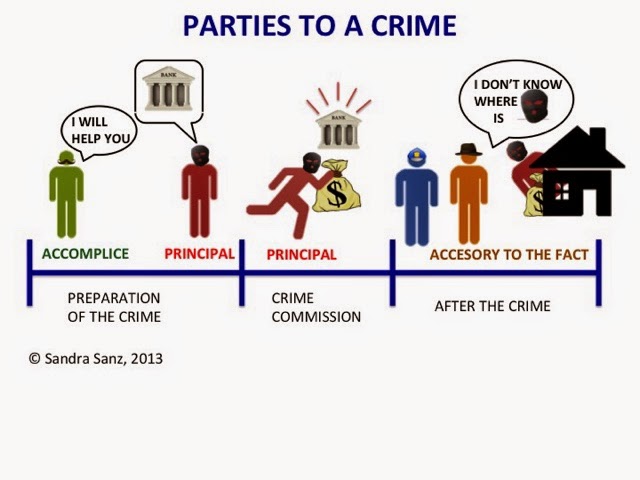From Illegitimate to Legitimate... How?
BASTARD! This is the word that is mostly uttered by the people despising a child that is born out of marriage. It may be painful to hear it but it is reality. Illegitimate child is something that brands a person of inferior status.
As a matter of fact, when it comes to sharing of property, the share of an illegitimate child is half to that of the legitimate child. Though one may ask that it is not the fault of an illegitimate child, but it is the law.
A child was considered to be illegitimate at common law if the parents
were not married to each other at the time of the child's birth even
though the parents were married later http://legal-dictionary.thefreedictionary.com/Illegitimate+children.
Fortunately, there is a way on which an illegitimate child can become legitimated. Once he becomes legitimated, he shall enjoy all the rights and privileges granted and provided to legitimate child. Thus, in the eyes of law, both legitimate and legitimated children enjoy the same rights.
How an illegitimate child may become legitimated?
As provided by the Family Code of the Philippines:
Article 177. Only children conceived and born outside of wedlock of parents who, at the time of the conception of the former, were not disqualified by any impediment to marry each other may be legitimated.
What is legitimation?
Legitimation is the process by which a child born out of wedlock may be
legitimated and enjoy the same status and rights as a legitimate child.
It takes place when the parents of the child who were not married to
each other at the time of conception, enter into a valid marriage after
the birth of the child http://www.philstar.com/business/205072/legitimation-illegitimate-child.
Who may be legitimated?
According to the Family Code of the Philippines, not all illegitimate children may be legitimated. Only those who were born of parents, at the time of the conception of said illegitimate children, were not disqualified to marry each other may be legitimated.
Legal impediment to marry each other?
The parents of the illegitimate child have no legal hindrances or impediments during the conception of said illegitimate child. Meaning, they possess all the essential requisites of marriage but they just opted not to marry each other. Thus, if the parents or one of the parent had any legal impediment to marry each other during the conception of the illegitimate child, the latter cannot be legitimated. He would remain as an illegitimate.
For instance:
1. Juan and Maria are both legal age. When they met each other, they fall in love. As a consequence of their love, Maria conceived Pedro. However, they chose not to marry each other.
In the example, both Juan and Maria have already possessed all the requisites of marriage when their common child Pedro was conceived. Thus, they could have lawfully married but decided not to because both of them have no legal impediment to get married.
2. Ace is a married man. He met Joy, a single of legal age, in Davao when he had a meeting there. Unfortunately, their short meeting resulted to an unexpected happenstance. He fathered the child of Joy and they named him as Peter.
In the second example, Peter is an illegitimate child of Ace and Joy. Although Joy was single and of legal age already but Ace was already married at the time when Peter was conceived. Thus, one of the parents of Peter has legal impediment.
To become legitimated, the parents should have subsequently married each other:
Inorder that the an illegitimate child may be legitimated, his/her parents should have married subsequently. However, only those whose parents have no legal impediments during conception may be legitimated.
Thus, in our example, only Pedro can be legitimated and not Peter.
However, to have a child legitimated a child, one should file a petition to that effect in the proper office. It is not automatic.
In the second example, Peter is an illegitimate child of Ace and Joy. Although Joy was single and of legal age already but Ace was already married at the time when Peter was conceived. Thus, one of the parents of Peter has legal impediment.
To become legitimated, the parents should have subsequently married each other:
Inorder that the an illegitimate child may be legitimated, his/her parents should have married subsequently. However, only those whose parents have no legal impediments during conception may be legitimated.
Thus, in our example, only Pedro can be legitimated and not Peter.
However, to have a child legitimated a child, one should file a petition to that effect in the proper office. It is not automatic.


Comments
Post a Comment